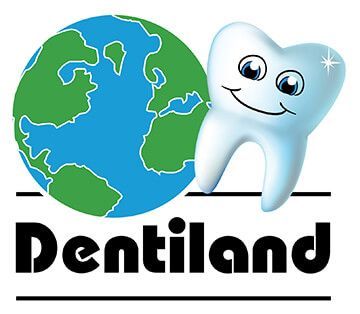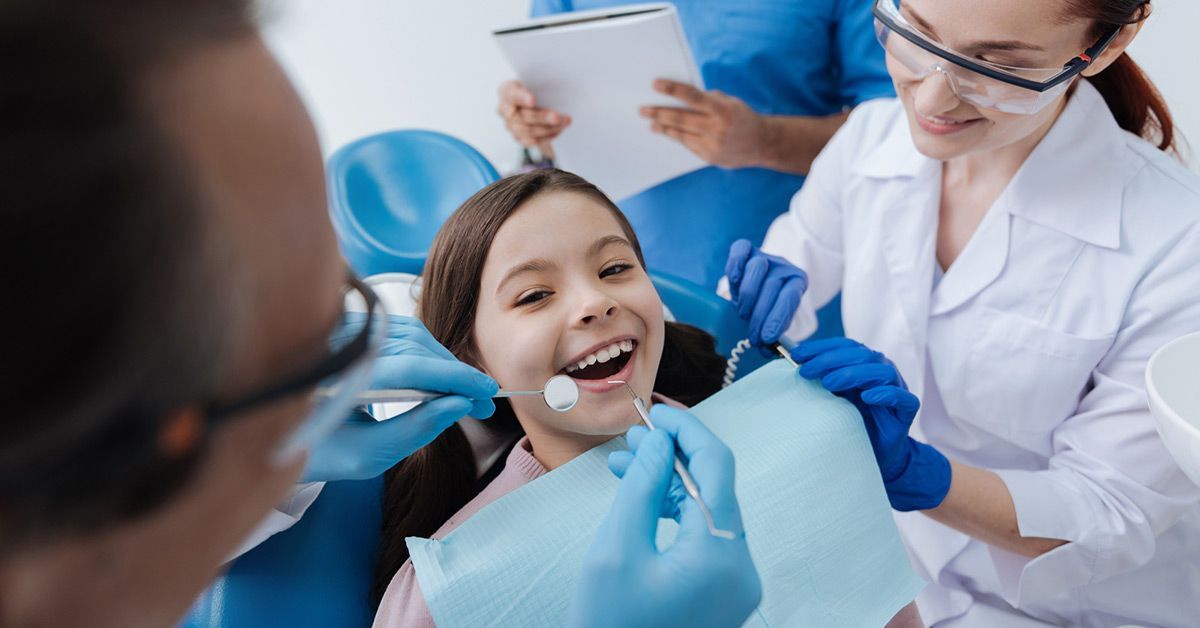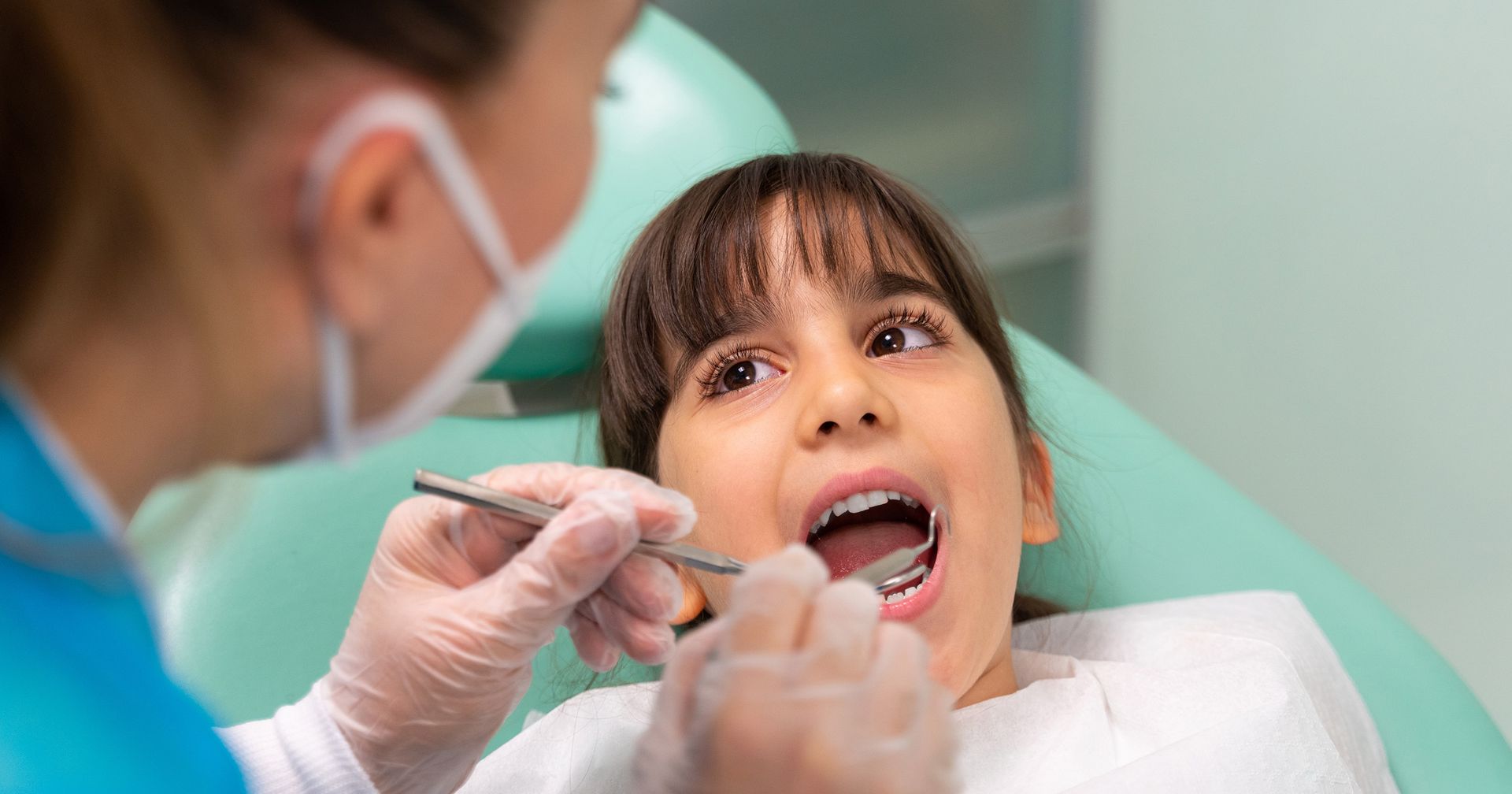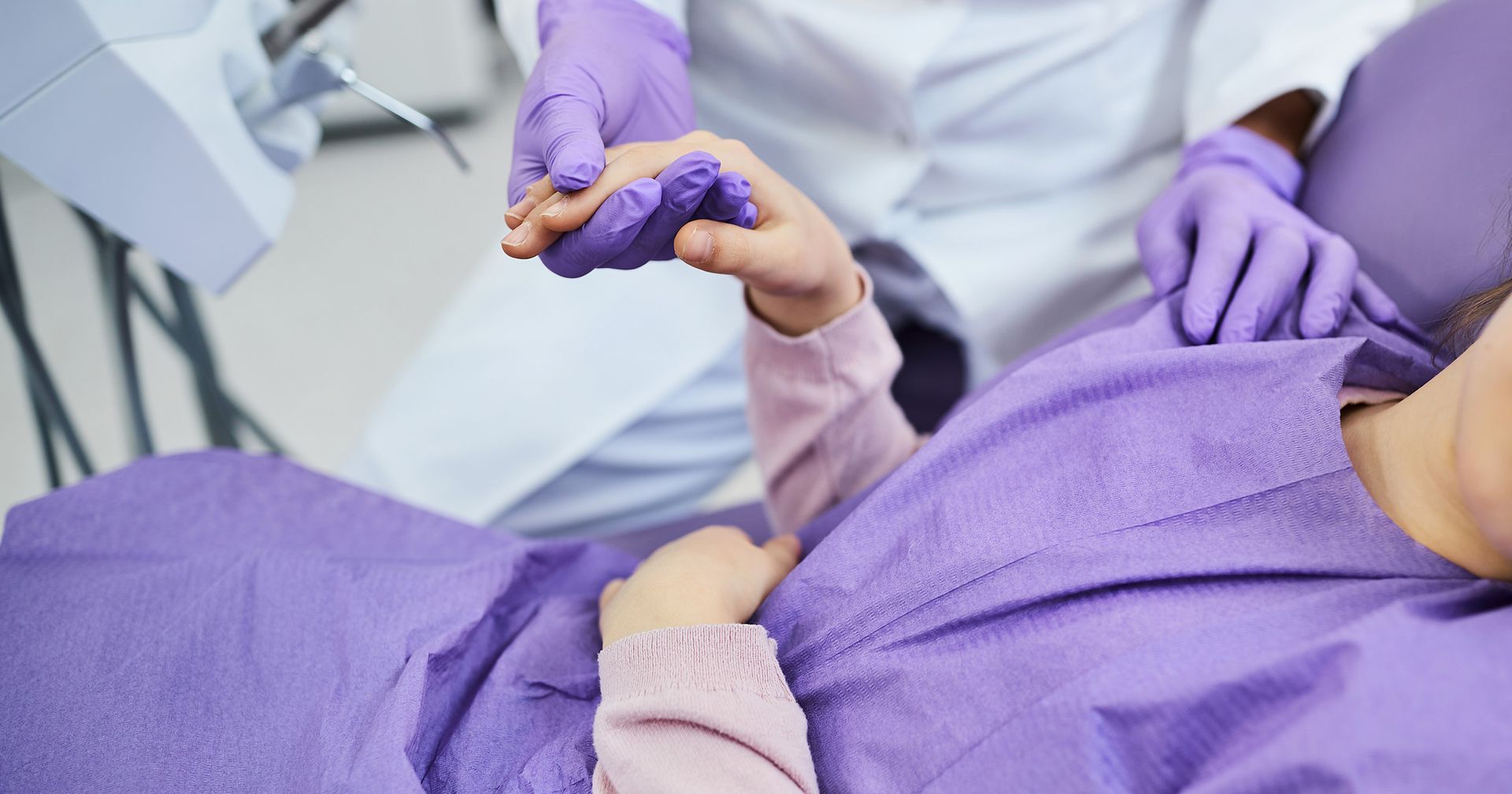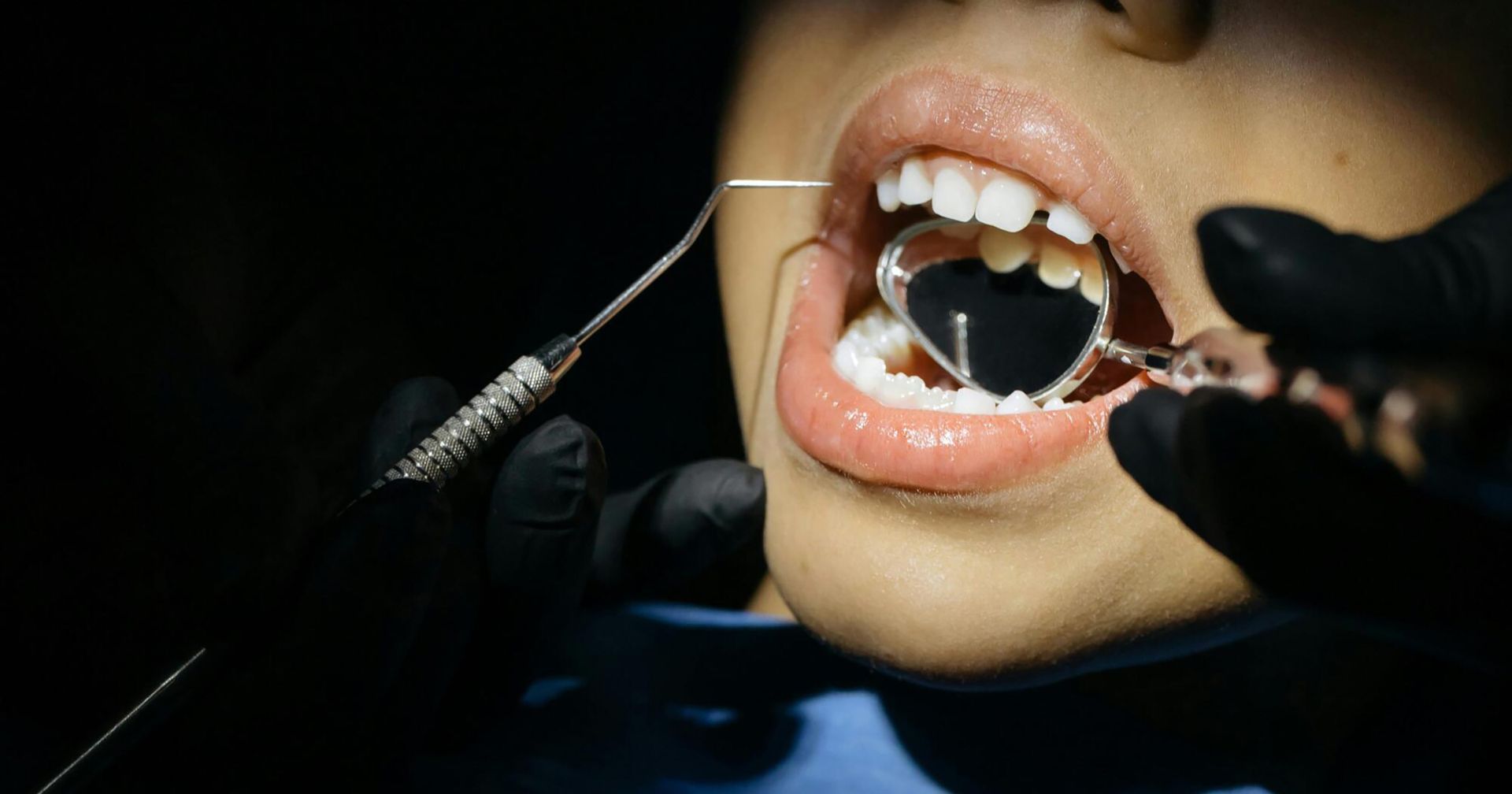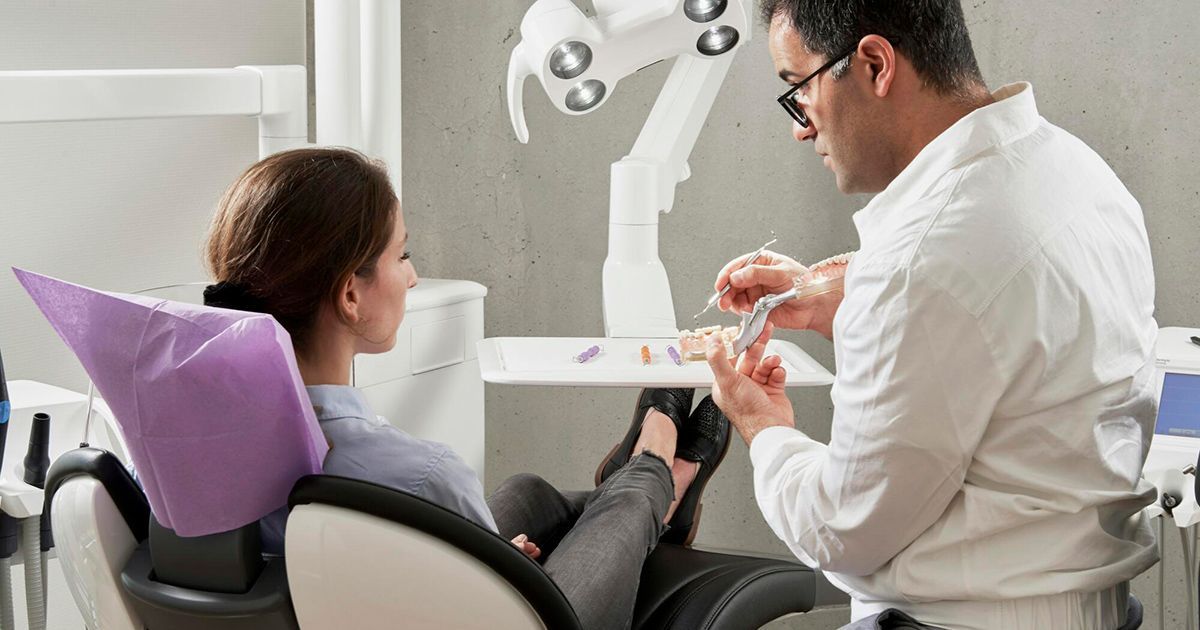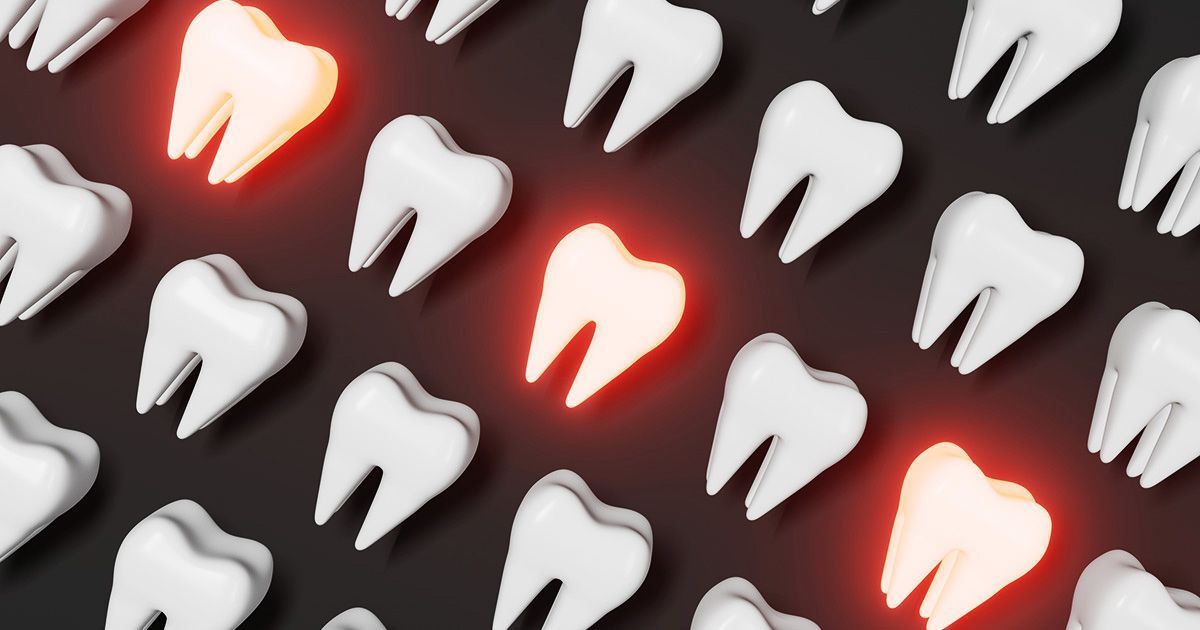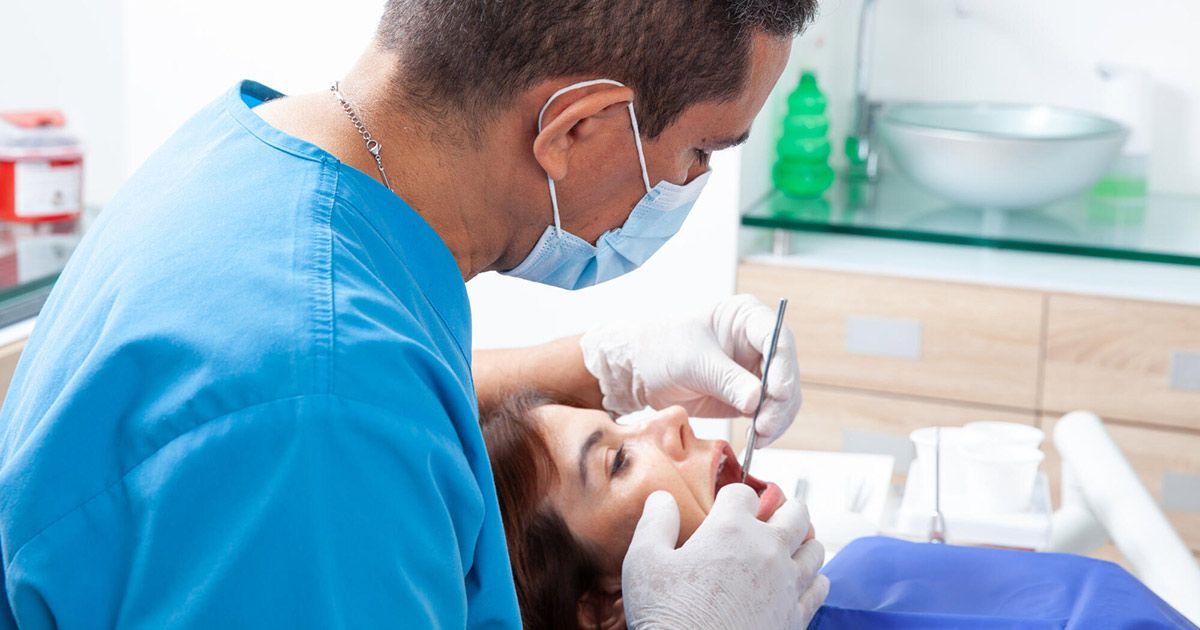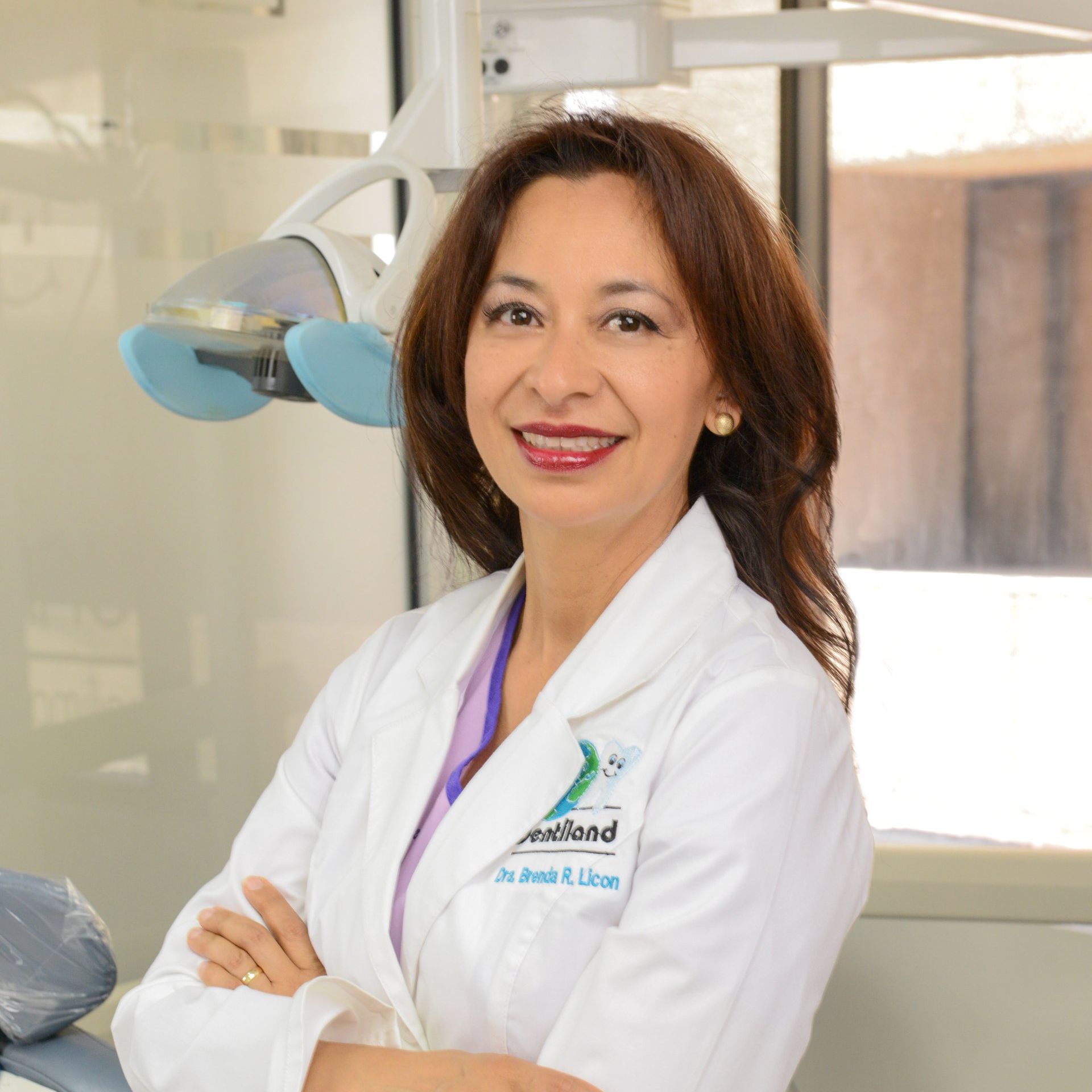What Are the Types of Sedation Dentistry?
Patients have the option of using sedation as part of their dental procedure. Learn more about sedation dentistry right here.
Over 13% of children above the age of 5 have untreated dental caries. If your child has a cavity, they might feel nervous about sitting in the dentist's chair. You might want to consider sedation dentistry as an option.
Sedation will ensure your child receives the care they need, even if they're struggling with dental anxiety. Your pediatric dentist in Tijuana, Mexico can then treat your child while they're in a relaxed state.
What different types of sedation might help your child? Read on to learn more.
What Is Sedation Dentistry?
Before we discuss the different types of sedation, let's cover the basics.
Sedation dentistry involves using medication to help a patient relax during a lengthy dental procedure. Also called sleep dentistry, this option doesn't always involve putting your child to sleep. In fact, patients are usually awake during their dental procedures unless they're under general anesthesia.
For example, your pediatric dentist in Mexico might recommend conscious sedation for your child. Also known as twilight sleep, this form of sedation causes short-term amnesia, or forgetfulness. Your child won't lose consciousness, but won't recognize the pain and anxiety they're experiencing, either.
Ideal Patients
If your child tenses up in fear at the thought of visiting their pediatric dentist in Mexico, they're not alone. In fact, about 36% of people are afraid of going to the dentist. Outside of those with dental anxiety, about 12% suffer from extreme dental fear.
If your child grows up afraid of the dentist's chair, they might avoid appointments when they're older. They could develop a cavity or gum disease if they're neglecting their oral health.
They might even avoid necessary dental procedures as adults, putting their overall health at risk. For example, gum disease could cause bacteria to enter the bloodstream if your child doesn't receive treatment.
Sedation could help ease your child's anxiety. It's designed for everything from simple teeth cleaning appointments to invasive dental procedures.
Both children and adults can remain sedated during an appointment. Your dentist might also recommend this option for patients with:
- Fear of visiting the dentist
- Difficulty controlling movements
- Special needs (behavioral, cognitive, or physical)
- Dental anxiety
- Extreme teeth sensitivity
- Claustrophobia in the dentist's chair
- An overly sensitive gag reflex
- Fear of needles
- Decreased sensitivity to local anesthesia
Consider scheduling a consultation appointment with your dentist in Mexico before your child's dental treatment appointment. Your dentist will help you determine if sedation is ideal for your child based on these factors.
Types of Sedation
There are varying levels of sedation your dentist might recommend based on your child's unique needs. The dentist will take the length of the procedure, medical history, personal preferences, and anxiety level into account.
Here are a few different types of sedation they might recommend.
Oral Conscious Sedation
Your dentist might elect to give your child sedative medication, which is usually available in pill form. Your child will need to swallow the pill about an hour before their dental procedure begins.
Make sure to talk to the dentist about your child's medical history beforehand to determine if they have any allergies.
Popular medications for oral conscious sedation include lorazepam, zaleplon, and triazolam. For pediatric patients, however, dentists often use liquid sedation instead. For example, your dentist might recommend midazolam oral syrup.
It's important to note that these options can make your child a little groggy. They might even fall asleep.
Oral sedation can also affect your child's motor skills and memory.
Nitrous Oxide
Nitrous oxide is also known as laughing gas. Your child will inhale the nitrous oxide through either a nosepiece or mask. Within three to five minutes, they should experience calming effects.
During the appointment, the dentist will control the amount of sedation your child will receive. They might adjust the dosage throughout the procedure.
After their dental treatment is over, your child will receive a dose of pure oxygen. Pure oxygen helps flush the nitrous oxide out of their system.
Don't worry; nitrous oxide will leave your child's system quickly, minimizing side effects.
Intravenous Sedation
If your child requires a deeper form of sedation, your dentist might recommend intravenous (IV) sedation. This form of conscious sedation will require the dentist to deliver sedative medications directly into your child's bloodstream via an IV.
Throughout the dental procedure, the dentist will keep an eye on your child's oxygen levels, blood pressure, and heart rate. They'll adjust the dosage as needed or even use reversal medications if necessary.
Most patients who receive IV sedation fall asleep. They usually have little to no memory of their dental procedures after they wake up, too.
This option is ideal if your child suffers from intense dental anxiety or if they require a lengthy, extensive procedure.
General Anesthesia
General anesthesia is sometimes used to treat young children in either a hospital or ambulatory surgery center. This is a type of unconscious sedation. Your child will remain completely unconscious during the procedure.
If you prefer your child receives general anesthesia, it's important to find the
best pediatric dentist in Mexico. Make sure they have advanced, specialized training. Otherwise, determine if they have an anesthesiologist on staff who can provide this type of anesthesia during the procedure.
Benefits and Risks
Choosing sedation services for your child could help ease their anxiety or phobia of the dentist. It can help them remain comfortable throughout their procedure.
The dentist is also able to work faster, which could ensure your child receives the care they need.
You can learn more about the benefits here.
Some short-term side effects include dry mouth, headaches, nausea, vomiting, and lingering drowsiness. Make sure to review the pros and cons of each option with your child's dentist beforehand.
Sedation dentistry is safe for kids. However, short-term side effects for children can also include fever, snoring, and irritability. Your child could be slow to wake up after they're sedated, too.
Talk to Your Pediatric Dentist in Tijuana, Mexico About Sedation Dentistry
Don't let your child's dental anxiety or phobia keep them from receiving the care they need. Instead, consider talking to your pediatric dentist in Tijuana, Mexico about sedation dentistry. This option can help your child relax while they're receiving dental treatment.
Make sure to consult a pediatric dentist before your child's appointment to determine if sedation services are right for them.
Eager to schedule a consultation?
Contact us today.
